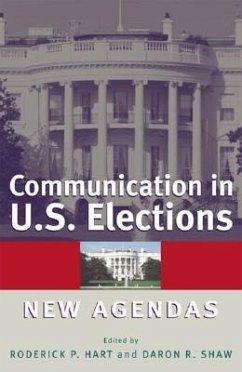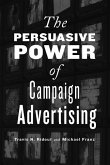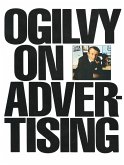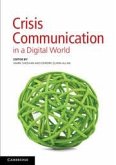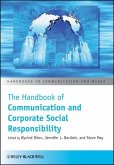Over the past thirty-five years, the rapid development of communication technology, the decline of political parties, a growing culture of cynicism, and the rise of the Internet have all affected U.S. political campaigns. But while these forces seem powerful, little scientific evidence has been gathered of their impact. Communication in U.S. Elections presents work from some of the best young scholars in two disciplines--communication and political science--on how modern election campaigns are affected by such forces. The authors look at how voters acquire political information, how issues are "framed" for them by the mass media, how attitudes about social groups are created, and how political advertising uses popular culture to affect voting patterns. The result is a fresh and comprehensive overview of why modern political campaigns turn out as they do.

